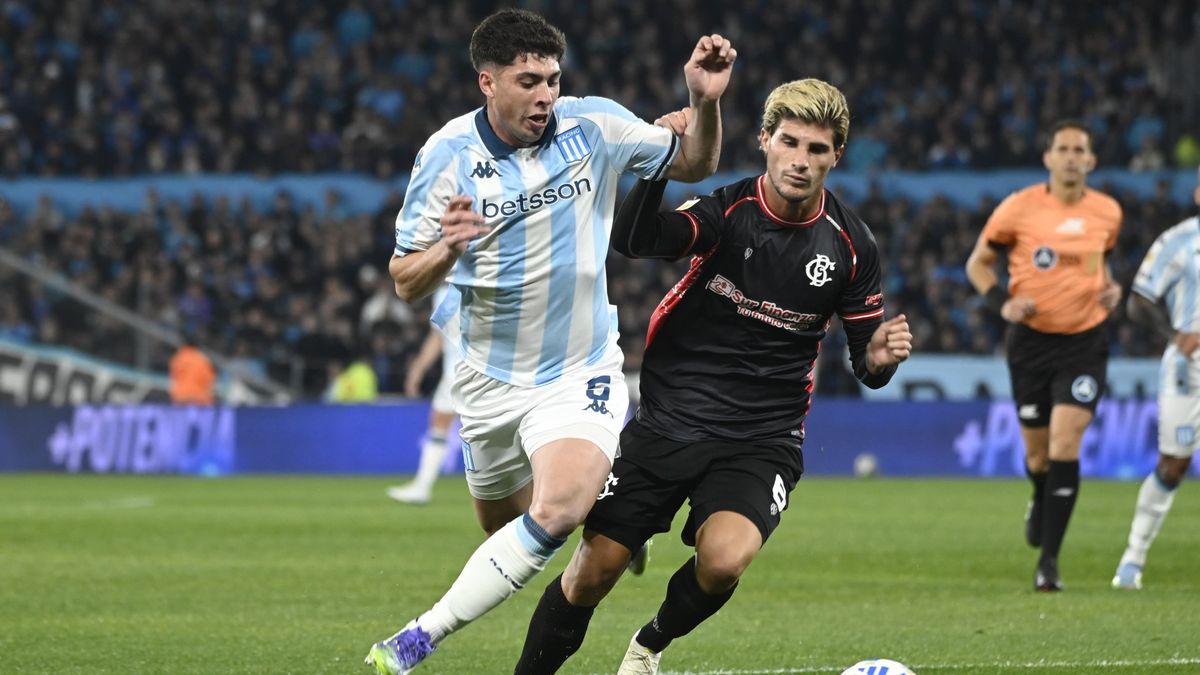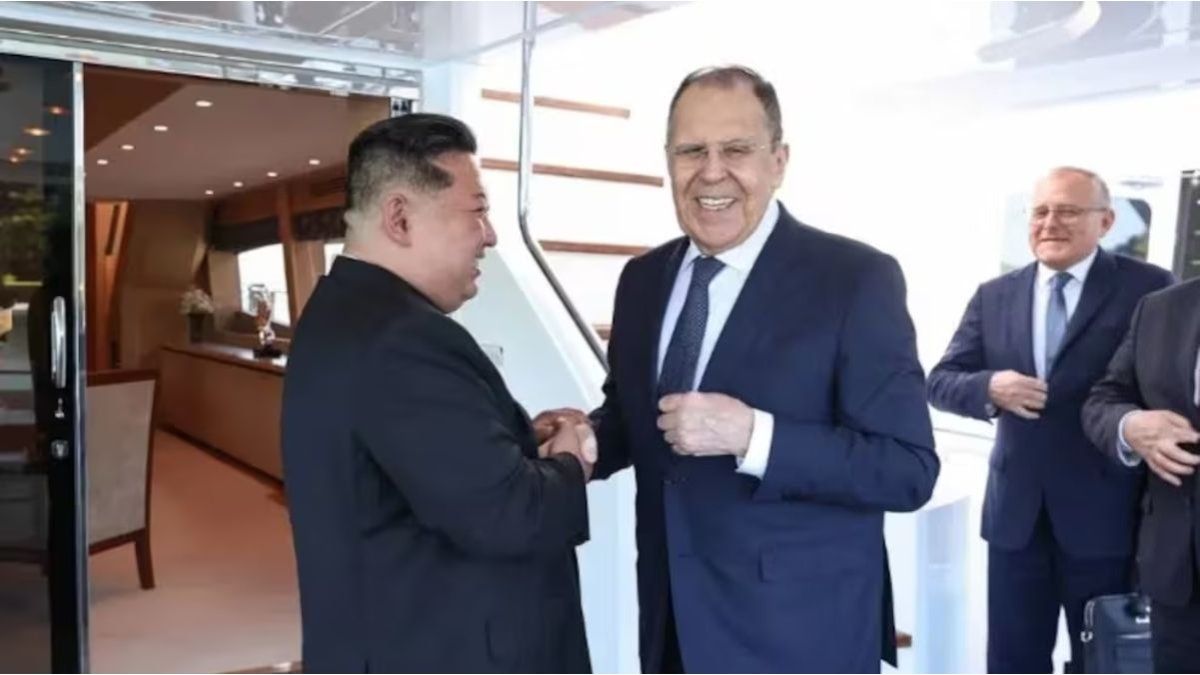As we approach the end of the year, the need to balance professional performance and personal well-being becomes even more relevant. The end of the year holidays, with their promise of rest and renewal, invite us to reflect on the balance achieved, but also on how we can improve next year.
In the fast-paced corporate world, we are all looking for ways to perform better, be more productive while maintaining our emotional health. While traditional productivity tools are necessary, today more than ever We recognize that true success lies in the development of skills that connect us deeply with ourselves and with others: psychology, ontological coaching and the development of soft skills.
In this context, the end of year parties They not only mark the closing of a cycle, but also an opportunity to reimagine how we approach our growth and professional performance.
Commitment: the key to an authentic start
Commitment is a promise to ourselves that guides us toward a field of possible actions. It is crucial to position yourself in an attitude of responsibility towards the wishes and expectations of the new year. So, it implies, stop waiting for balance to arrive but rather be generators of designing the future we want. This personal commitment involves recognizing that our well-being does not depend on external factors, but on our own daily decisions and actions.
Stress management: closing a cycle without exhausting yourself
The holidays can be both a refuge and a source of stress. Strong family and cultural mandates often oppress us and do not let us feel clearly what we truly want to do. This end of the year is the perfect time to recognize what causes us stress and practice conscious techniques to release tension. The key is not to eliminate stress, but to learn to manage it: set limits, disconnect and recognize when it is necessary to take a break. In a corporate environment that demands productivity, well-being is a multiplier of results.
Powerful questions: driving reflection
This time creates a space for reflection. Powerful questions—those that invite us to think beyond the obvious—have the power to transform our perspective. Ask yourself: “What did I learn from this year?” or “What can I improve to be more efficient and balanced in my work?” These questions do not seek easy answers, but rather lead us to make more conscious and profound decisions. We can use this time to reexamine our strengths and areas for improvement, setting clear intentions for the year ahead. Powerful questions empower us to design a more thoughtful and purposeful 2025.
Collaborative work: sowing synergy for a new cycle
Teamwork becomes essential, especially in the last days of the year, when collaboration usually intensifies to close projects and achieve goals. The holidays remind us of the importance of community and connection, and this translates directly to the work environment. At the end of the year, we can reflect on how to improve communication and trust within our teams, to begin the new cycle with renewed energy. A culture of collaboration in which each member feels valued strengthens cohesion and enhances group results.
Personal development and continuous learning: source of motivation
The end of the year is the perfect time to redouble the commitment to continuous learning. As professional challenges become more complex, our ability to adapt and grow becomes one of our most valuable assets. Learning does not end with a course or certification; It is a continuous process that allows us to be more resilient and creative. This end of the year, take time to reflect on the new skills you would like to acquire or the areas you want to strengthen. Personal development is not only an investment in the future, but a way to ensure that your motivation and satisfaction at work remain high, regardless of the changes that arise.
Conversational skills: closing the loop with empathy
Conversational skills, essential for any interaction, take on special relevance during the holidays. In a work environment, where authentic conversations can transform teams, these skills are essential. Not every conversation is comfortable or easy. Practicing active listening and empathy not only improves relationships, but also helps resolve conflicts and create a climate of respect. During the end of the year celebrations, take advantage of interactions to strengthen these skills, with the goal of taking them to work in the new year. Connecting with others genuinely creates lasting relationships that are built on trust and a healthier work environment.
So what steps are you willing to take to transform your 2025?
Implementing these tools is not an immediate or easy process, but it is a path that begins now. Today there are professionals willing to accompany your personal and work development and planning. Asking for help makes the path easier, we don’t always have to be able to do everything alone. We can take advantage of the space for reflection to initiate small changes that, over time, transform our way of working and living.. Every step we take towards self-knowledge, resilience and commitment has a profound impact on both our professional performance and our personal well-being. So before the holidays end, ask yourself: what step can I take today to improve my work and personal future? Remember, true transformation begins with the first conscious step toward change.
MCOP and Vice President of the Association for Professional Ontological Coaching (AACOP)
Source: Ambito




